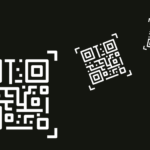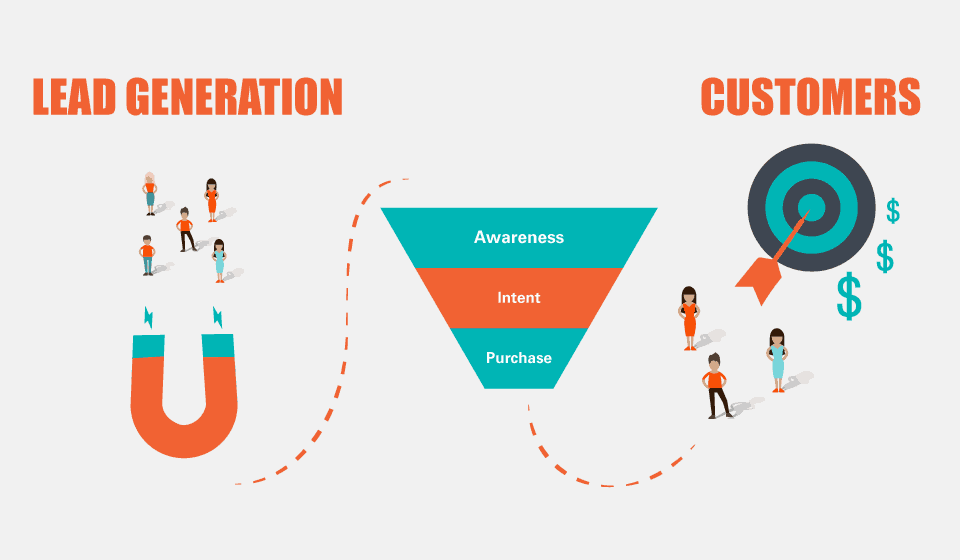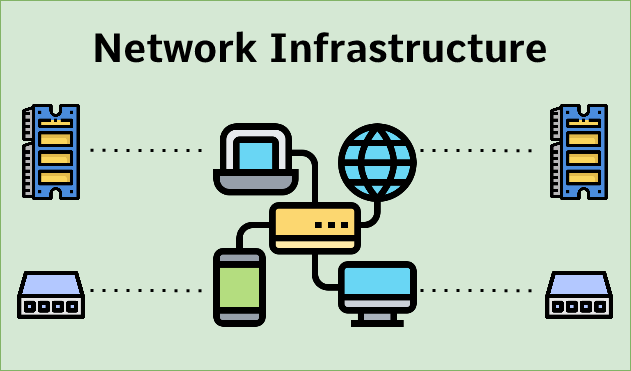2024 bears the potential of a healthcare sector completely revolutionized, brought by massive technology advancement and a change in market dynamics. Revolutionary app development for improved efficacy, patient outcomes, and access will be one of the areas of massive relevance. This paper outlines some of the key trends identified that will redefine the face of healthcare in the coming year.
Telemedicine 2.0: Enhanced Accessibility and Functionality
Telemedicine has continued to develop as a critical cornerstone of healthcare during global crises, and in 2024, it will continue much unhindered. The attention now shifts from just facilitating virtual visits to the provision of complete multi-functional platforms that bring on board AI for diagnosis, management of patients, and real-time health monitoring. Besides, these platforms will be more user-friendly, thus making it possible for the populations with different levels of tech savviness to reach them.
AI and Machine Learning: Predictive Analytics and Personalized Medicine
The leading summit of predictive analytics in healthcare should be artificial intelligence (AI) and machine learning (ML). This is the technology that will predict very accurately the health events of patients for possibly adverse outcomes to be preempted. This is in addition to the milestone that will be taken in the practice of personalized medicine, tailor-made for individual genetic profiles when the AI integrates large data sets.
Internet of Medical Things (IoMT): A Network of Smart Healthcare
By 2024, IoMT—Internet of Medical Things—is going to be big. Devices will flood everywhere from wearables in health monitoring to smart tools in surgical suites, thus creating a dynamism mesh of nodes that interwork to communicate and analyze. The improved precision of the diagnostic and treatment procedures applied will enhance the facility’s services to the patients and operation efficiency.
Blockchain for Health Data Integrity
Presently, blockchain technology is being increasingly used in managing health data and records. Five years from now, in 2024, blockchain use will have evolved into an amount of real-time immutable data entries ensuring both accuracy and privacy while reducing the medical errors and frauds drastically.
Enhanced Focus on Mental Health
Mental health is set to take center stage, with efforts and resources scaled up in the year 2024. In the years to come, the digital health platform is going to provide these enhanced tools for mental health management, like AI-driven diagnostic systems and therapy apps that will have a treatment program made exclusively for a person. It would only further foster improved overall patient engagement and outcomes with the destigmatization of mental health and the provision of better resources for support.
Regulatory Sandboxes for Health Tech Innovation
“Regulatory sandboxes” will be put in place to allow the development of new technologies without the new actors being suffocated by full regulatory compliance before the innovations go to the market. This controlled environment would be the place to provide innovators a chance for experiment and testing of their cutting-edge technologies, such as AI diagnostics or gene editing therapies, with regulated oversight but greater flexibility.
Sustainable Healthcare: Green Practices and Equipment
The environmental impact in the healthcare sector will come under a scanner, and sustainability will follow. Green practices in line, such as waste reduction, use of sustainable materials, and sources of energy in hospital operations, should be on board. It is expected that in the future, manufacturers will design more friendly equipment and devices that will ultimately lead to a decrease in the carbon footprints of such facilities.
App Development in the Healthcare Industry
The above trends will demand app development in the healthcare industry as a critical enabler, even more so for enhanced telemedicine functionality, AI integrated patient care, and IoMT data management.
They feel that custom healthcare applications will be much more advanced, offering functions like medication management and even full tracking of chronic disease. “Developers of tomorrow” will be in search of something user-friendly in design, secure, and trying to make accessible health care for anybody independently from their level of technology proficiency.
Genomics and Bioinformatics in Clinical Settings
Cheaper and faster genomic sequencing technologies will contribute significantly to the promotion of the migration of genomics and bioinformatics from research laboratories to clinic settings. It would then be possible to revolutionize the way in which certain diseases are treated by developing a better and more efficient kind of disease prevention strategy and therapeutic intervention at the genetic level.
The Rise of Smart Hospitals
The year 2024 will experience the concept of smart hospitals matured, dominated by automated and data-centric operations. Right from patient intake and billing to even clinical decisions, among many other processes, hospitals would be using AI and ML.
The smart hospitals will, therefore, be ideal in enhancing the level of quality services towards patients and operational efficiency, reducing the operational cost and the time for patients to wait.
Virtual Reality (VR) and Augmented Reality (AR) in Training and Treatment
VR and AR will increasingly be utilized in both medical training and patient treatment scenarios. Medical professionals will use VR for surgical simulation and skill training, while AR will provide real-time data overlays during procedures. For patients, it will be therapeutic in such a way that it can simulate treatment outcomes for better patient education and patient involvement in his care plan. 12. Increased Focus on Patient Experience and Engagement
By 2024, patient experience will be at the forefront of improved quality; e.g., health providers will use technology that will ensure the given medical care is very patient-centered, from appointment bookings to customization of treatments. Patient Engagement Platforms would be updated to Feedback Mechanisms, Education Resources, and Community Support Systems to keep the patients up to date and involved in their Healthcare Choices.
Conclusion
By the year 2024, the healthcare sector will have experienced fundamental innovations, enabled by advanced technologies that serve towards improving the level and quality of service provided. Standing out would be the development of the app in terms of its involvement, bridging advanced technology capabilities with everyday use in various applications in healthcare. The unfolding of these trends surely promises to redefine, literally, the landscape of healthcare into a more easily accessed, efficient, and personalized platform.










